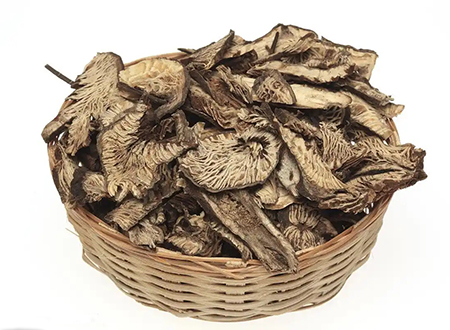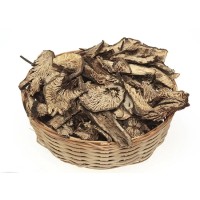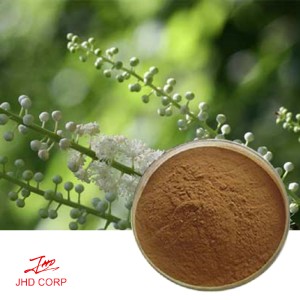The Role of Black Cohosh Extract in Managing Menopausal Symptoms
The active compounds in black cohosh extract are believed to have estrogen-like effects on the body, although the exact mechanism remains unclear.
Menopause is a natural transition in a woman's life, characterized by the cessation of menstrual cycles and a decline in reproductive hormones. This phase often brings about a range of symptoms, including hot flashes, mood swings, night sweats, and sleep disturbances. As women seek relief from these discomforts, many turn to alternative remedies, such as herbal supplements. One such supplement that has garnered attention is black cohosh extract.
Black cohosh (Cimicifuga racemosa) is a perennial plant native to North America, traditionally used by Native American tribes for various ailments. In recent years, it has been studied for its potential benefits in alleviating menopausal symptoms. The root of the black cohosh plant is commonly processed into extracts or capsules and marketed as a dietary supplement.

The active compounds in black cohosh are believed to have estrogen-like effects on the body, although the exact mechanism remains unclear. Some studies suggest these compounds may interact with serotonin receptors, influencing mood and vasomotor symptoms like hot flashes. However, unlike estrogen replacement therapy, black cohosh does not seem to affect the endometrial lining or increase the risk of breast cancer, making it an appealing option for many women.
Clinical trials have yielded mixed results regarding the efficacy of organic black cohosh extract in managing menopausal symptoms. Some studies report significant improvements in the frequency and severity of hot flashes and night sweats, while others find minimal or no effect compared to placebo. The variability in outcomes may be attributed to differences in study design, dosage, duration, and the specific formulation of black cohosh used.
The safety profile of black cohosh extract powder is generally considered favorable when taken at recommended doses for short periods. However, concerns have been raised about potential liver toxicity, prompting health authorities to advise caution. Women considering black cohosh should consult healthcare professionals to ensure it is appropriate for their individual health needs and circumstances.















